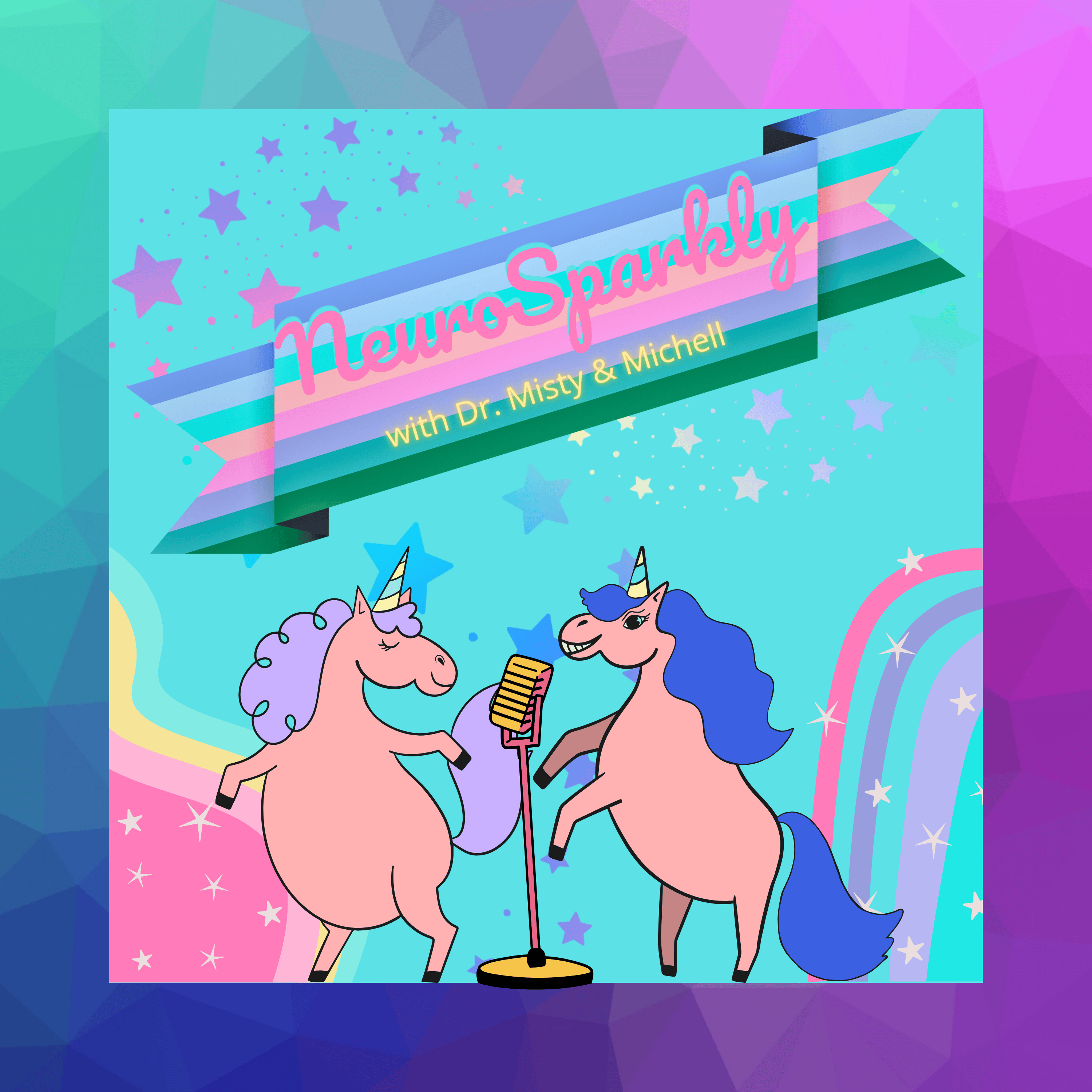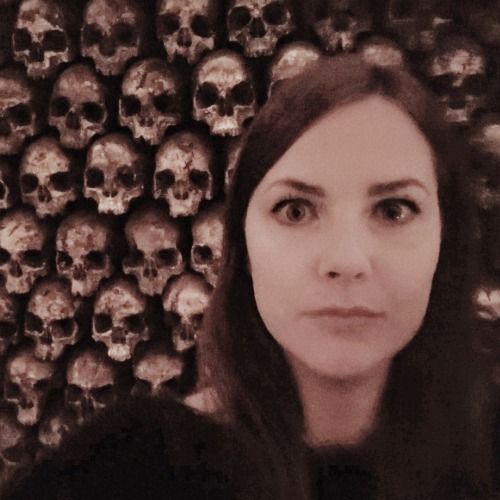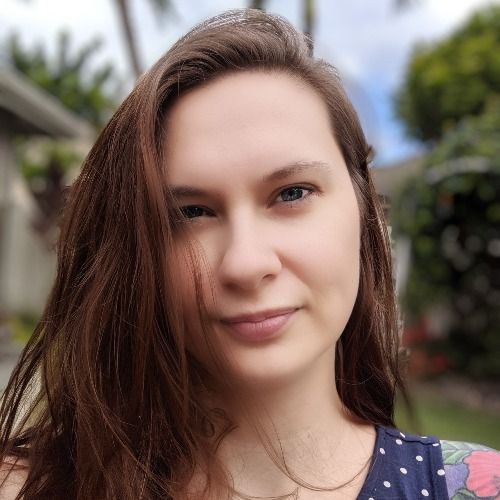Episode 3
Ep. 3: Late Diagnoses
In this episode of NeuroSparkly, Dr. Misty and Michell, both licensed therapists and sex therapists, dive into the topic of late-stage diagnosis as neurodivergent individuals. Sharing their personal and professional experiences, they discuss the broad spectrum of neurodivergence, including autism, ADHD, OCD, and more. The hosts highlight the importance of understanding and self-compassion, emphasizing how community and support can make a difference. They also introduce their resources like newsletters and wellness challenges to help others on their journey. With a focus on embracing one's identity and building a supportive environment, they encourage listeners to stay connected and keep it sparkly.
Show Notes: Understanding Late Stage Neurodivergent Diagnoses
In this episode of NeuroSparkly, licensed therapists Michelle and Dr. Misty explore late stage diagnoses in neurodivergent individuals. As neurodivergent and queer therapists, they share personal experiences, client insights, and the importance of understanding one's neurodivergence. The episode covers the significance of the term 'neurodivergent', common emotions related to late diagnoses, coping mechanisms, and the need for community and self-compassion. They also discuss their weekly newsletter and challenges aimed at supporting those recently diagnosed. The hosts emphasize that this information is for educational purposes and not a substitute for professional therapy.
00:00 Welcome to NeuroSparkly
00:36 Understanding Late Stage Diagnosis
01:10 Exploring Neurodivergence
03:23 Personal Experiences with Neurodivergence
05:44 Navigating Emotions and Thoughts
13:18 Challenges in Learning and Education
19:08 Workplace Dynamics and Advocacy
21:00 Community and Support Resources
27:16 Conclusion and Sign Off
Transcript
This week we wanted to talk about late stage diagnosis as neurodivergent humans. I think we both have a lot of experience in this area, definitely personally and professionally.
[: [:Under the neurodivergent umbrella, there are many things. It's not just autism, but it includes autism and ADHD and OCD and PTSD and dyspraxia and dyscalculia and so many, so many things. So we're going to try and highlight that. And just so you know, when we're saying neurodivergent, we're not just meaningful autism or ADHD.
[: [: [: [: [: [:So just to jump right in, I wanted to talk about something that I think is fairly common for people that didn't get diagnosed until later in life when they're younger. I definitely felt like there's something wrong with me.
I don't know that I was ever explicitly told that.
Luckily, I wasn't explicitly picked on, but I knew that I was different than my peers, that I didn't really understand the guidebook for how to human, how to have friends, have relationships. And so I was, like, looking to my peers to try and see what they were doing. But I always felt like there's something off, and that sucks. Did you ever have that experience?
[: [: [: [: [: [: [: [: [: [: [: [: [: [: [: [: [: [: [:And so, like, learning about that, that helped give me a lot of insight into, like, maybe I'm just more into tuned to my, you know, like, my process of, like, what all these emotions are happening. Maybe there are eleven emotions happening at once instead of just one emotion. Yeah.
[:Yeah. And kind of what you said about feeling like, you know, you're the only one going through that. I think a lot of our listeners can probably relate to that, too. And I definitely can as somebody with OCD, and I know this is very common, especially with OCD, like, intrusive thoughts, especially if it's, like, kind of an icky, intrusive thought you don't want to have. It's common to think, like, I'm the only person that has ever had this thought. Why am I having that thought? That must mean something about me. Like, I must be horrible, you know, for having that thought.
[: [: [: [: [: [: [: [: [: [: [: [: [: [: [: [: [: [: [: [: [: [: [:I've had situations like that where it's like, you know your brain the best. You've been living with your brain, you know, for every moment that your brain has existed. So you. You know how to advocate for your needs more than anybody else would. And it becomes difficult in workplace settings where if somebody doesn't understand or comprehend, you know, that you're coming from a place of accessibility. I know I am unable to do this because I know how my brain operates. And then, you know, you're pushed into a task anyways. Then they're, like, setting you up for failure in those situations instead of listening to your needs from the place of. You're the expert of your brain.
[: [:The meditation is just really focused on just giving yourself that compassion and showing yourself that compassion and, like, turning to your younger self and saying, hey, I see you, and now I see you differently than I did whenever I was you. And really starting to build a better, healthier relationship with that previous self. Now that you understand this from a.
[: [: [: [: [: [: [: [: [: [: [: [:It.





